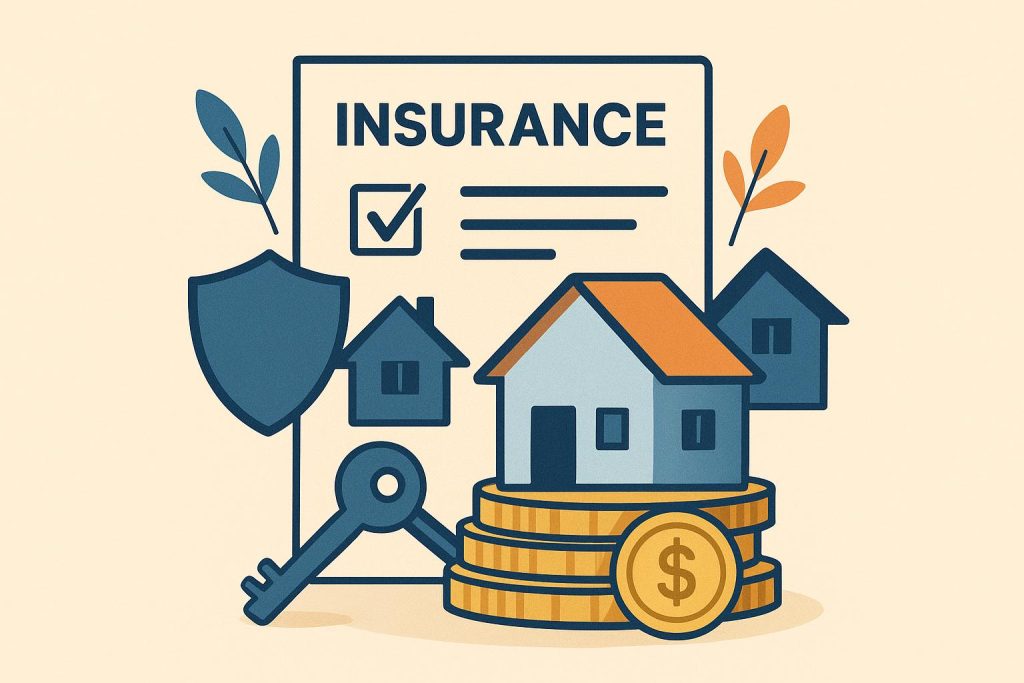For most people, buying a home is the biggest financial commitment of their lives. The planning begins with the loan amount, interest rate and EMI, but there’s another layer many don’t think about right away. It’s not about the property or the bank. It’s about the financial security that stays in place even if something unexpected happens during the loan period. This is where another kind of protection quietly works in the background. It’s not about returns or investments but about reducing the burden on your loved ones in case life doesn’t go as planned. This blog explores how that works, what to keep in mind and why understanding it early can make a real difference later.
Meaning of home loan insurance
Home loan insurance is a financial cover that clears the outstanding loan amount if the borrower passes away during the loan tenure. It is usually a one-time payment plan that stays active for the full loan period. The policy ensures that the repayment responsibility does not fall on the family and the lender receives the dues without delays. This is different from term insurance, as it is linked specifically to the home loan amount and tenure.
Why is home loan insurance important?
Home loan insurance plays a functional role in risk protection for both borrowers and lenders. Here are some key reasons it is important:
- Eliminates burden on family
If the borrower passes away, the insurance company repays the loan. This protects the family from eviction or legal complications due to missed EMIs.
- Ensures smooth loan closure
It helps the lender recover the dues without depending on the family’s financial situation. The home stays with the nominee without outstanding liabilities.
- Adds security in single-income households
If there is only one earning member, this insurance can prevent financial instability in case of an unfortunate event.
- Avoids distress sale of property
Without this cover, families may be forced to sell the home quickly to repay the home loan. Insurance prevents such a situation.
What are the aspects of home loan insurance?
Before choosing home loan insurance, keep the following points in mind:
- Payment structure
Most lenders offer a one-time premium plan that can either be paid upfront or added to the loan amount and repaid via EMIs.
- Loan-linked tenure
The insurance term is usually equal to the loan tenure. If the loan is paid off early, there may be no refund on the insurance.
- Coverage reduces with time
As the outstanding loan decreases each year, the insurance cover also reduces. It is not a fixed sum assured like in term insurance.
- Joint loan considerations
If the loan has more than one borrower, ensure the insurance plan covers all of them. If it covers only one, the other borrower remains liable after their death.
- Riders and add-ons
Some plans offer optional riders for critical illness, job loss or disability. These come at a higher cost but offer wider coverage.
- Portability limitations
If you plan to transfer your loan to another lender, the insurance may not be transferable. A fresh policy might be required.
Closing thoughts
Home loan insurance adds a strong layer of financial protection, especially for families who depend on a single income. It ensures that the property stays secure, even if the borrower is no longer around. While not mandatory, it is worth considering when planning a long-term loan.
Before you apply for home loan, check if insurance is bundled or offered as an optional add-on. Use a home loan EMI calculator to see how the premium affects your monthly instalments. Compare the terms across lenders to make a well-informed decision that protects both your finances and your family.




